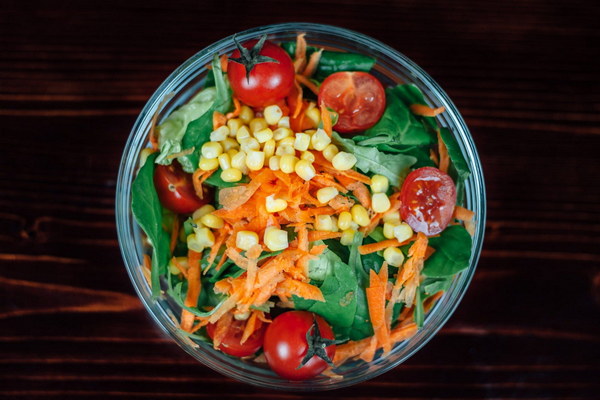Should You Boost Your Immune System with Supplements When You Have a Cold
When you're down with a cold, the last thing on your mind might be whether to supplement your diet with vitamins or other immune-boosting products. The question of whether it's appropriate to take supplements during a cold is a common one, and the answer isn't straightforward. Let's delve into the topic to understand the benefits and drawbacks of using supplements during a cold.
Understanding the Immune System
First, it's important to understand that the immune system is a complex network of cells, tissues, and organs that work together to defend the body against pathogens such as bacteria, viruses, and parasites. When the immune system is functioning optimally, it can effectively combat infections and prevent diseases.
The Role of Supplements
Supplements are intended to fill nutritional gaps that may exist in an individual's diet. They can provide essential nutrients such as vitamins, minerals, and amino acids that the body needs to function properly. When it comes to colds, some supplements are believed to support the immune system, while others might not have the desired effect.
Vitamin C
Vitamin C is often cited as a supplement that can help prevent and treat colds. Some studies suggest that vitamin C can reduce the duration and severity of cold symptoms, but the evidence is mixed. It's thought that vitamin C helps to reduce the number of viruses that can cause colds and enhances the immune system's response to infections.
Zinc

Zinc is another supplement that has been shown to have immune-boosting properties. Some research indicates that zinc can shorten the duration of a cold and reduce the severity of symptoms. However, high doses of zinc can have negative side effects, including nausea, loss of appetite, and stomach pain.
Echinacea
Echinacea, a plant extract, has been used traditionally to treat colds and other infections. Some studies suggest that echinacea may help to reduce the risk of getting a cold or to shorten its duration. However, the quality of the evidence is low, and more research is needed to confirm its effectiveness.
Other Supplements
Other supplements, such as vitamin D, garlic, and ginseng, are also claimed to boost the immune system and may help with colds. However, the scientific evidence for their effectiveness is less clear, and some may not be suitable for everyone.
Considerations and Risks
While supplements may offer some benefits, there are several considerations to keep in mind:
1. Effectiveness: The effectiveness of supplements can vary widely. Some individuals may experience benefits, while others may not.
2. Interactions: Supplements can interact with medications and other supplements, potentially causing adverse effects.
3. Quality: Not all supplements are created equal. It's important to choose high-quality products from reputable manufacturers.
4. Overuse: Taking excessive amounts of any supplement can be harmful.
Conclusion
In conclusion, while some supplements may offer support to your immune system during a cold, there is no one-size-fits-all answer. It's essential to consider individual health conditions, consult with a healthcare provider, and weigh the potential benefits against the risks before taking any supplements. A balanced diet rich in fruits, vegetables, and whole foods is often the best way to maintain a strong immune system. If you choose to take supplements, do so in moderation and always under the guidance of a healthcare professional.









